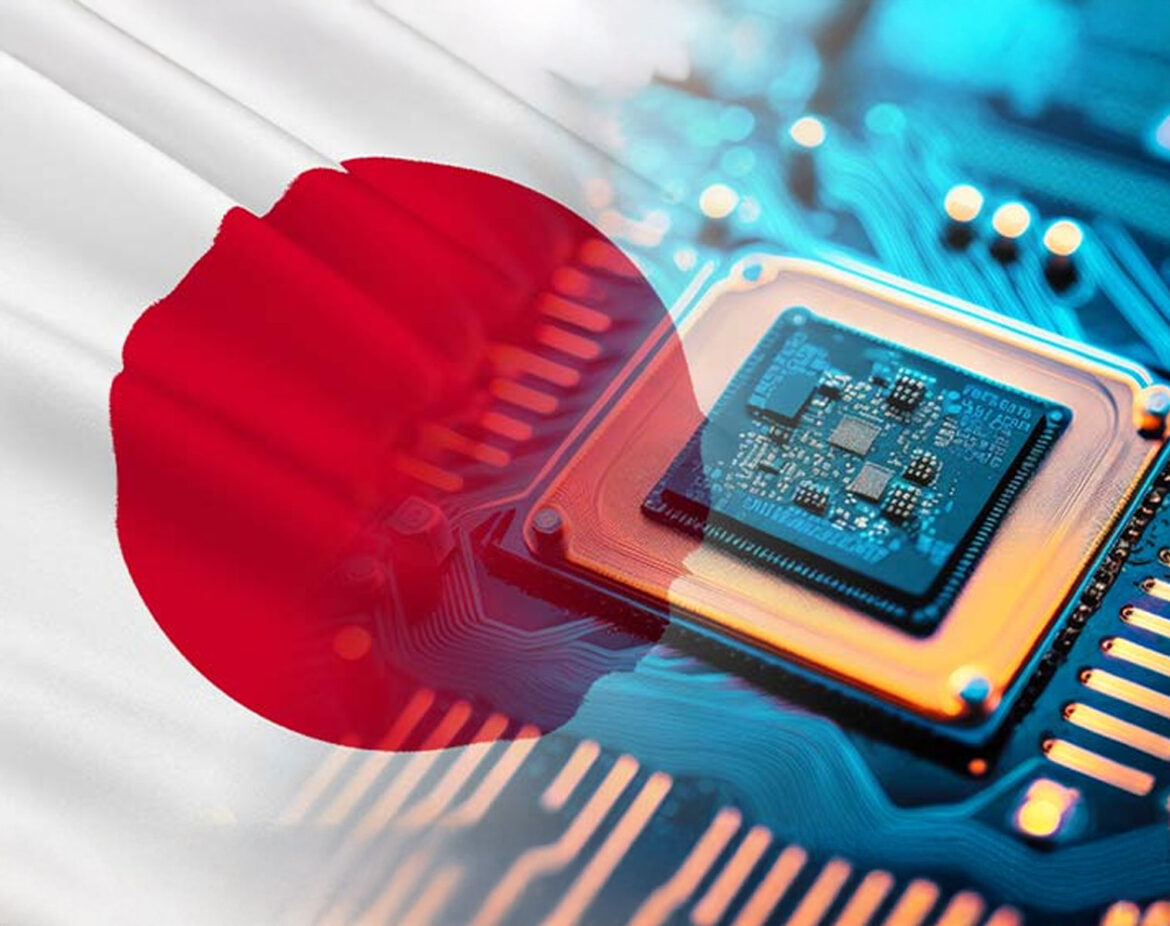Tokyo, Japan — November 20, 2024
Japan is poised to launch a 10-trillion-yen ($65 billion) initiative to bolster its microchip and artificial intelligence (AI) industries, aiming to reclaim its status as a global tech powerhouse while addressing the challenges posed by an ageing and shrinking population.
The ambitious package, which lawmakers may approve this week, is also seen as a strategic response to growing geopolitical uncertainties, including concerns over Taiwan’s role as the epicenter of global semiconductor production and the potential risks of Chinese aggression.
A Renewed Tech Push
After decades of lagging in cutting-edge AI and microchip development, Japan is now mobilizing to catch up. The country, which dominated tech hardware markets in the 1980s, is showing signs of resurgence, said Kelly Forbes, president of the AI Asia Pacific Institute.
“In the past two to three years, we’ve seen Japan waking up to the immense potential of AI and semiconductor innovation,” Forbes noted.
This effort is bolstered by high-profile partnerships, such as Japanese tech giant SoftBank’s collaboration with Nvidia to create an “AI grid” across the country. Earlier this year, major US firms like Microsoft also announced investments in Japan’s AI ecosystem.
Chips at the Core of AI
Central to Japan’s strategy is the Rapidus project, a government-backed effort to produce next-generation semiconductors. Tokyo has already pledged up to 4 trillion yen in subsidies to boost domestic chip production, with a goal of tripling sales by 2030.
Semiconductors are vital for AI advancements, said Forbes. With Taiwan currently producing most of the world’s chips, Japan seeks to reduce reliance on the island amid geopolitical tensions. Taiwanese chipmaker TSMC, for instance, recently opened a $8.6 billion factory in Japan and plans another for advanced chips.
“Japan’s investment aims to remain competitive globally while preparing for any potential disruptions in Taiwan,” Forbes added.
Energy Challenges Loom Large
However, Japan faces significant hurdles, particularly its energy supply. AI data centers and chip manufacturing are energy-intensive industries, and Japan is heavily dependent on fossil fuel imports. Efforts to revive nuclear power plants, shuttered after the 2011 Fukushima disaster, are ongoing.
“In Taiwan, TSMC consumes 8% of the country’s electricity,” noted Seth Hays, editor of the Asia AI Policy Monitor. “Where will Japan get the energy for these projects?”
A Policy Framework for Innovation
Japan has also introduced AI-friendly regulations to stimulate innovation. Its copyright laws, among the most permissive globally, allow AI firms to train on copyrighted data, even for commercial purposes. Japan is also leading international discussions on ethical AI use, with initiatives launched during its G7 presidency in Hiroshima last year.
Prime Minister Shigeru Ishiba has announced plans to attract over 50 trillion yen ($326 billion) in public and private investment for AI and semiconductor technology over the next decade.
Towards a Technological Renaissance
Experts believe the investment could position Japan as a leader in healthcare AI and other critical sectors. “This is Japan’s attempt to be at the forefront of the next technological revolution,” said Forbes.
Despite the challenges, Japan’s renewed focus on tech innovation is seen as a crucial step to secure its future in an AI-driven world.



